Iran was hit with “snapback” sanctions on Sunday, reinstating United Nations measures that were suspended a decade ago under the 2015 nuclear deal, formally known as the Joint Comprehensive Plan of Action (JCPOA).
France, Germany, and the United Kingdom said they were left with “no choice” but to reimpose sanctions, accusing Tehran of violating its commitments. While intended to pressure Iran, the move risks pushing the country further from international oversight of its nuclear program.
The JCPOA originally allowed any signatory to restore sanctions if Iran failed to meet its obligations before their permanent expiry on October 18. European nations accused Tehran in August of breaching “the near entirety” of the deal’s provisions, citing stockpiles of enriched uranium and reduced cooperation with inspectors.
Despite multiple rounds of talks, Iran failed to reassure the International Atomic Energy Agency (IAEA) or agree to diplomatic steps demanded by Europe.
Europe Triggers Snapback Sanctions, Iran Defiant as Global Powers Divide Deeply
Though Iran and the IAEA reached a limited agreement on inspections this month, European diplomats considered it inadequate. Iran’s foreign minister, Abbas Araghchi, made clear that access to nuclear sites would remain tightly controlled by Tehran, with uranium stockpiles possibly hidden under damaged facilities.
In response, Europe invoked the snapback mechanism, urging Iran to comply with international resolutions. Tehran reacted angrily, recalling ambassadors from Paris, Berlin, and London, and dismissing the move as an abuse of process.
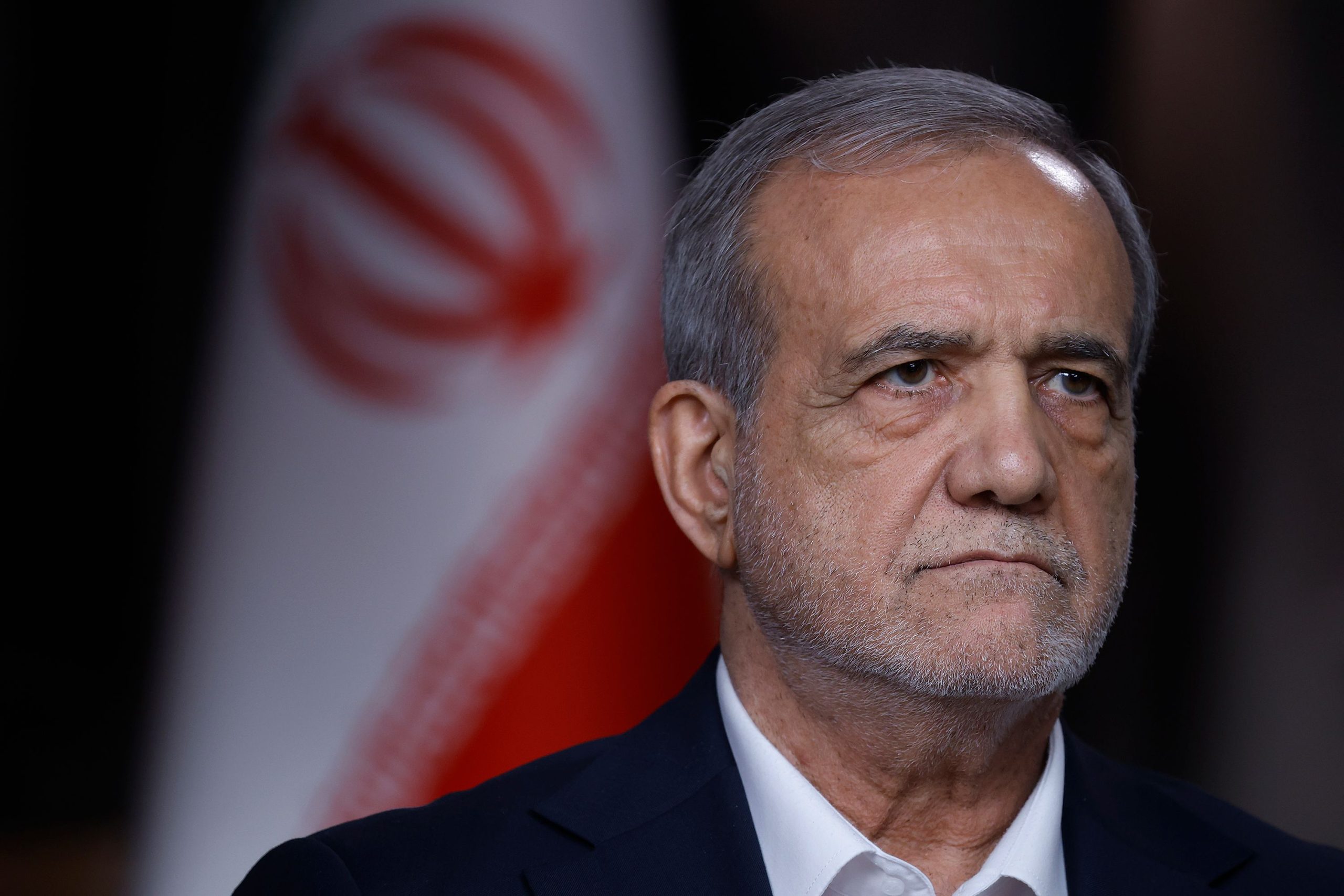
The snapback restores UN sanctions first imposed between 2006 and 2010, including an arms embargo and restrictions on ballistic missile technology. It also targets Iran’s oil and financial sectors. However, the decision is not binding on China and Russia, which remain aligned with Tehran. The United States had already abandoned the JCPOA in 2018 under Donald Trump, adopting a “maximum pressure” policy, meaning Europe’s step now brings it closer to Washington’s position.
Iran Resists Pressure, Rejects NPT Exit Amid Sanctions and Nuclear Uncertainty
Iranian President Masoud Pezeshkian struck a defiant tone, insisting his country would not quit the Nuclear Non-Proliferation Treaty (NPT) despite the sanctions. He downplayed their economic impact, noting that U.S. restrictions remain the most damaging.
Analysts from the European Council on Foreign Relations warned that sanctions are unlikely to compel Tehran to accept U.S. demands for zero uranium enrichment. While some officials have threatened to end cooperation with the IAEA, Pezeshkian reiterated that Iran intends to remain within the NPT framework.
The status of Iran’s nuclear program remains unclear following a wave of military strikes earlier this year. Israeli and U.S. attacks in June targeted the underground Fordow facility and other sites, with estimates suggesting Iran’s nuclear progress may have been delayed by up to two years. Araghchi has claimed that much of Iran’s enriched uranium is buried under rubble, while inspectors have been unable to assess key sites since the conflict. This opacity adds to the uncertainty over Tehran’s true capabilities and future intentions.

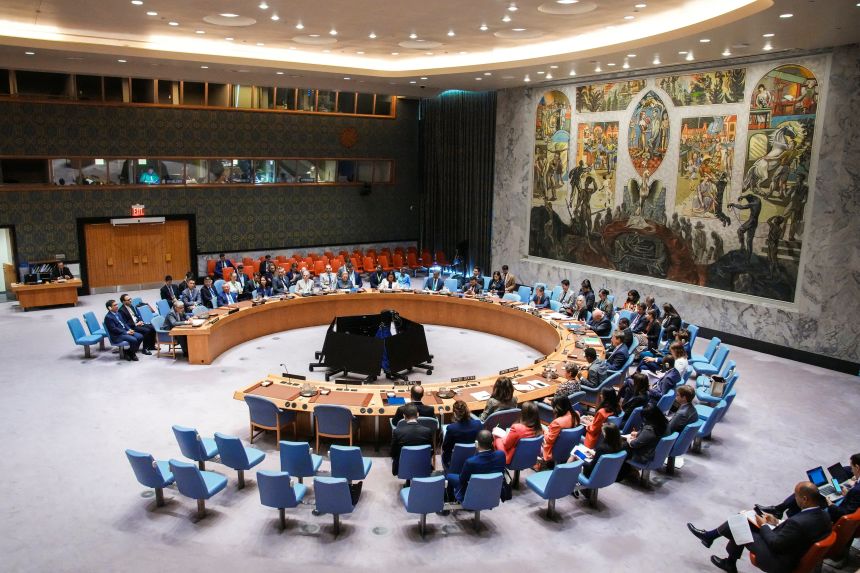
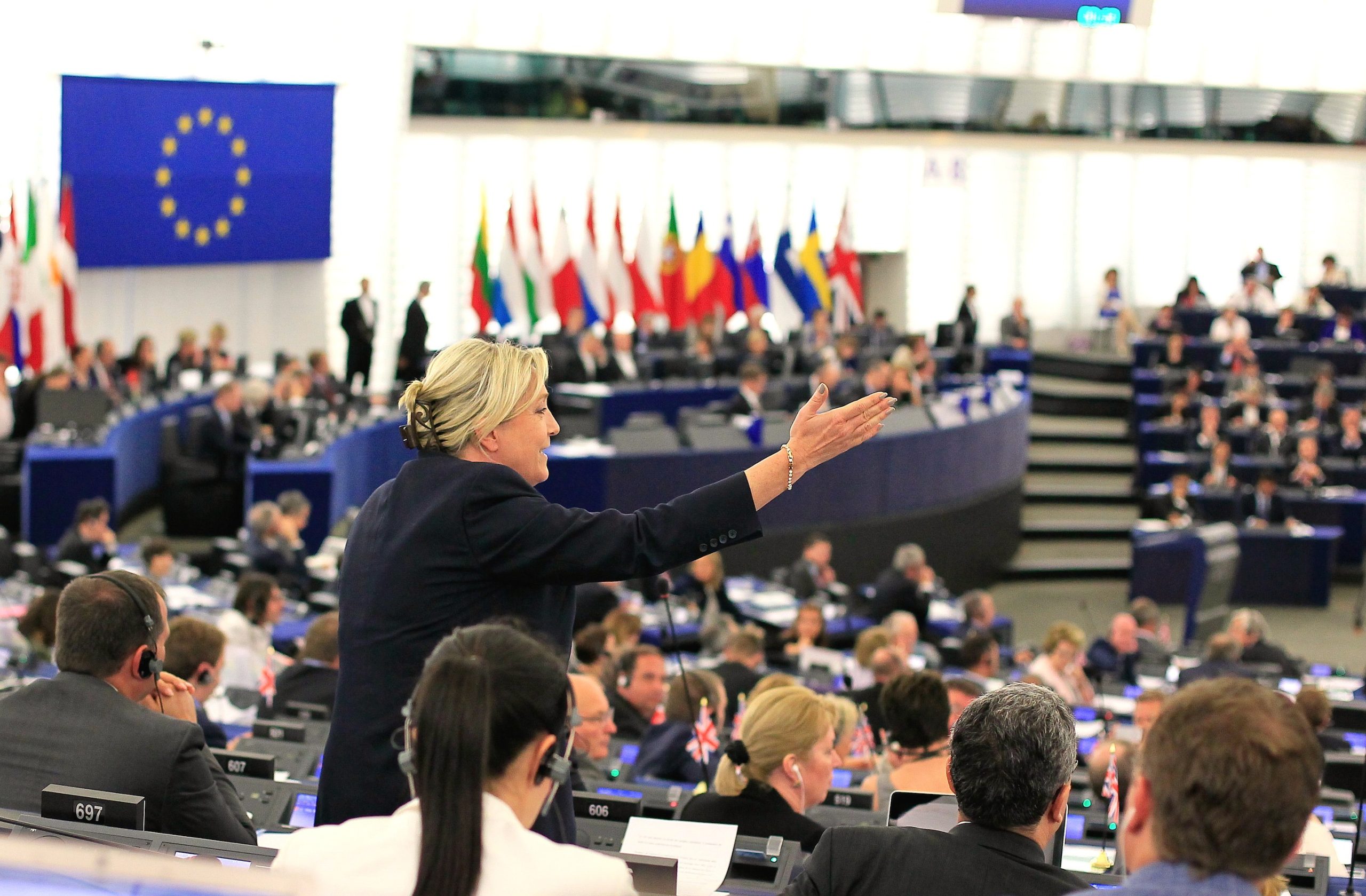




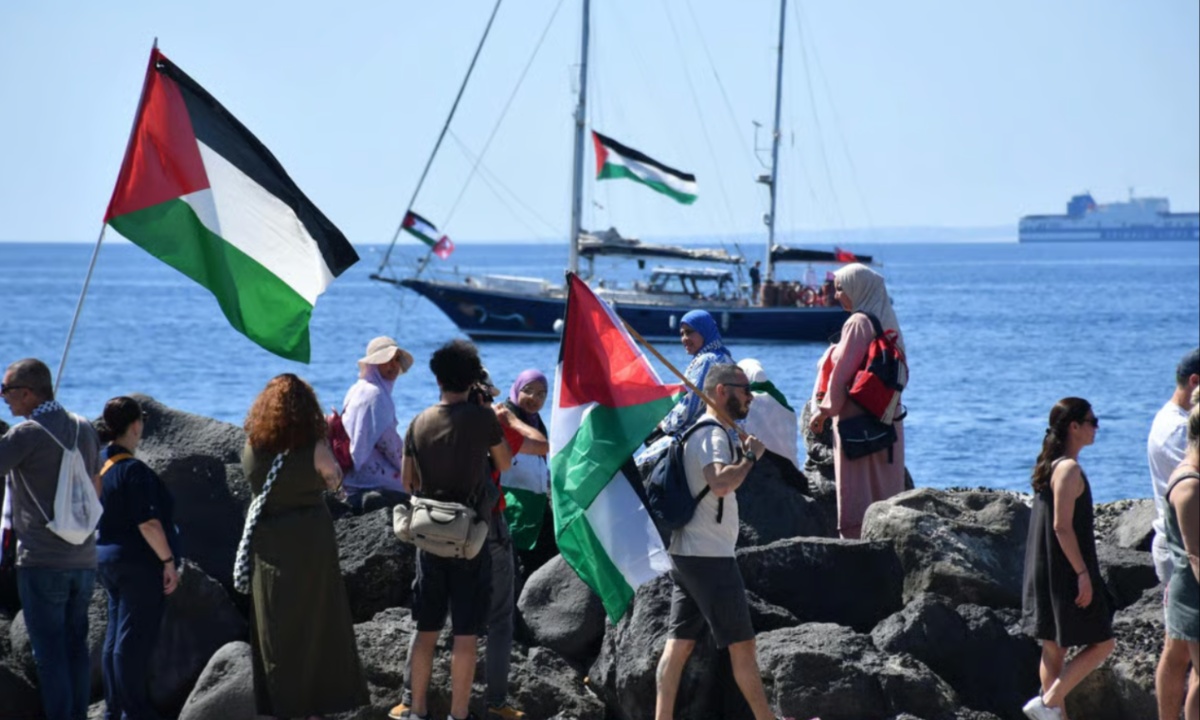
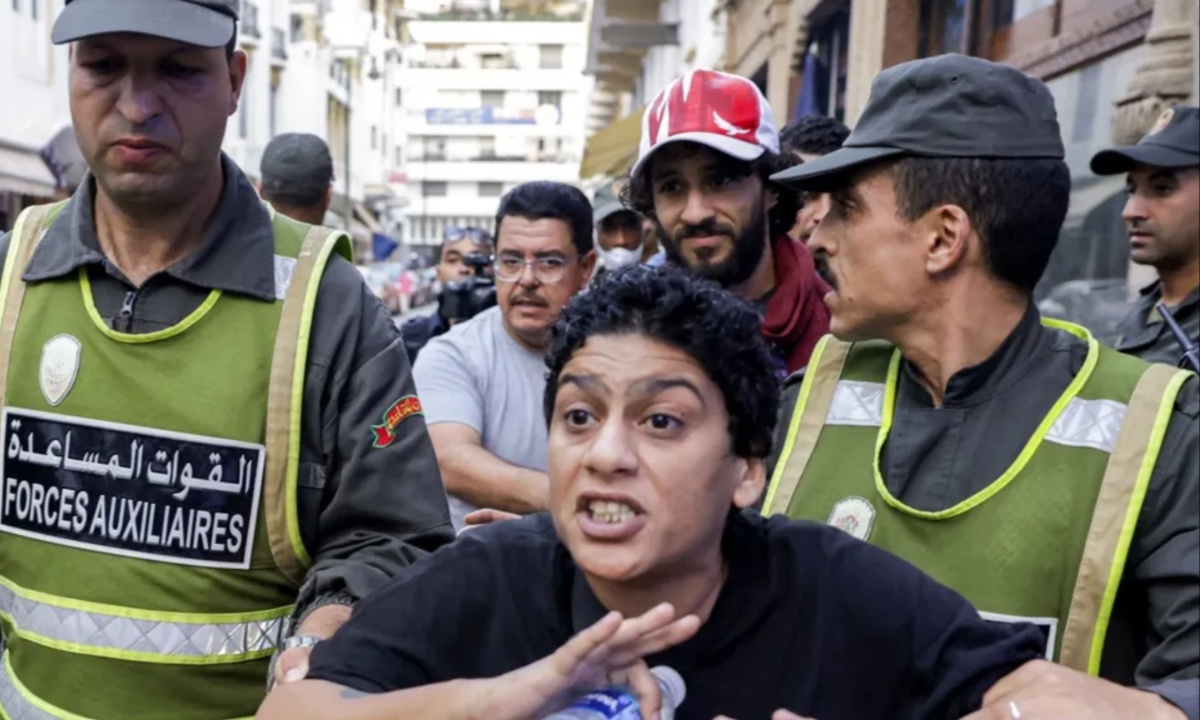
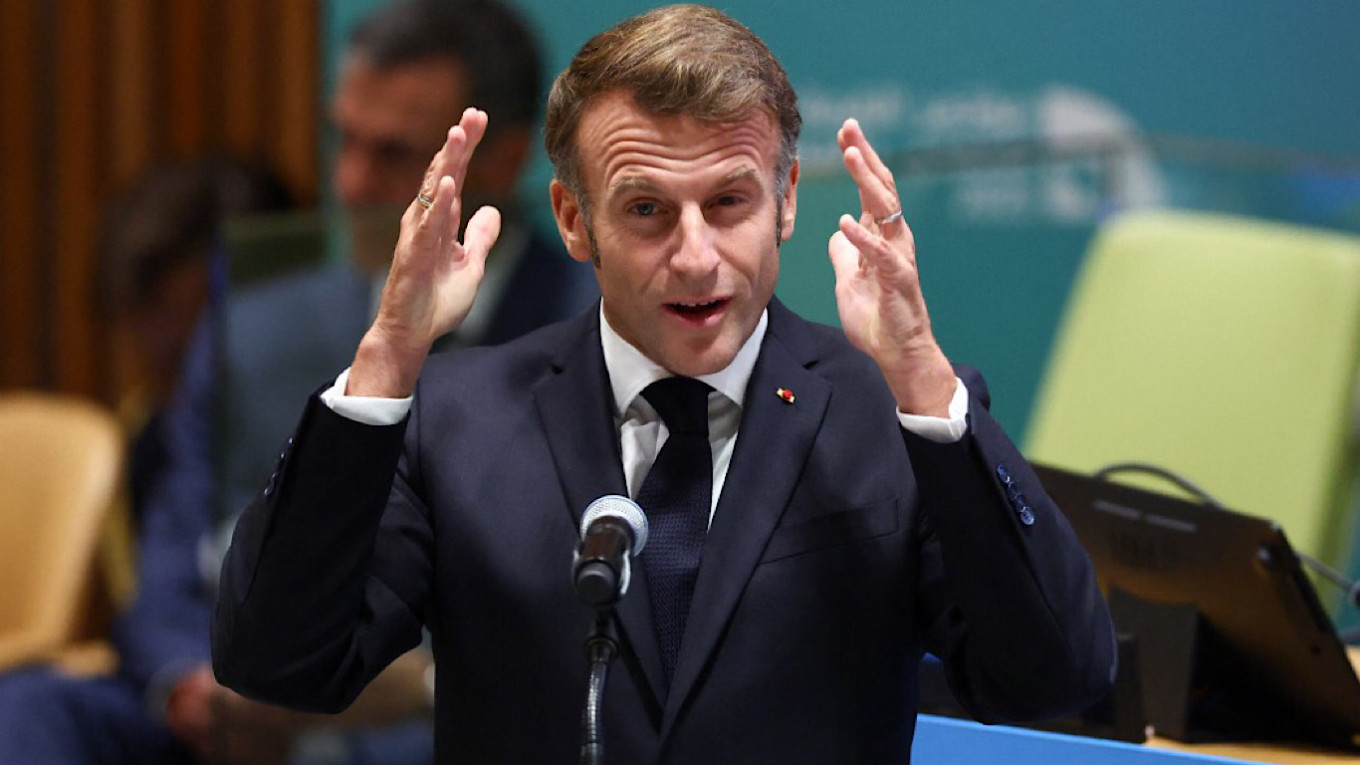
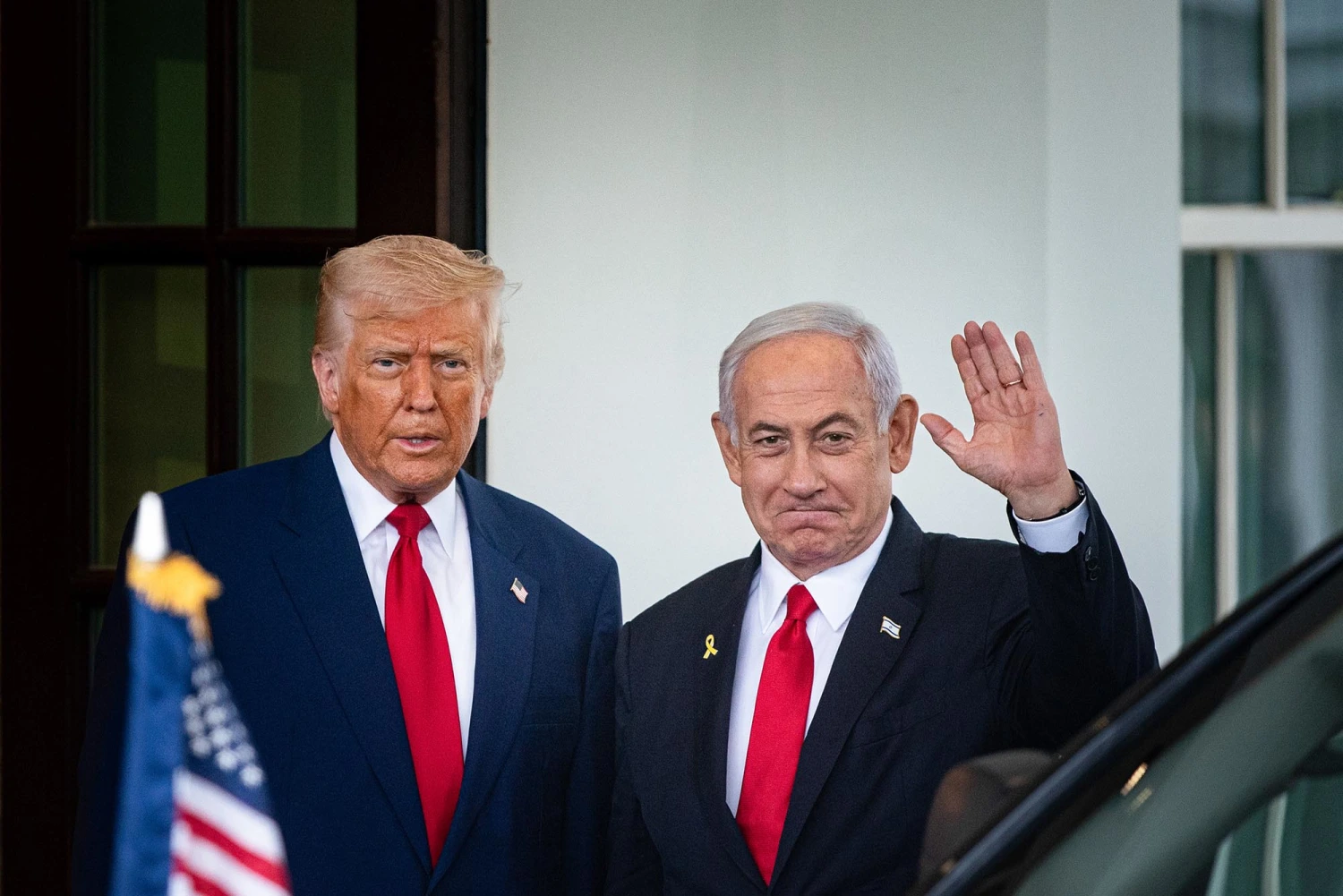
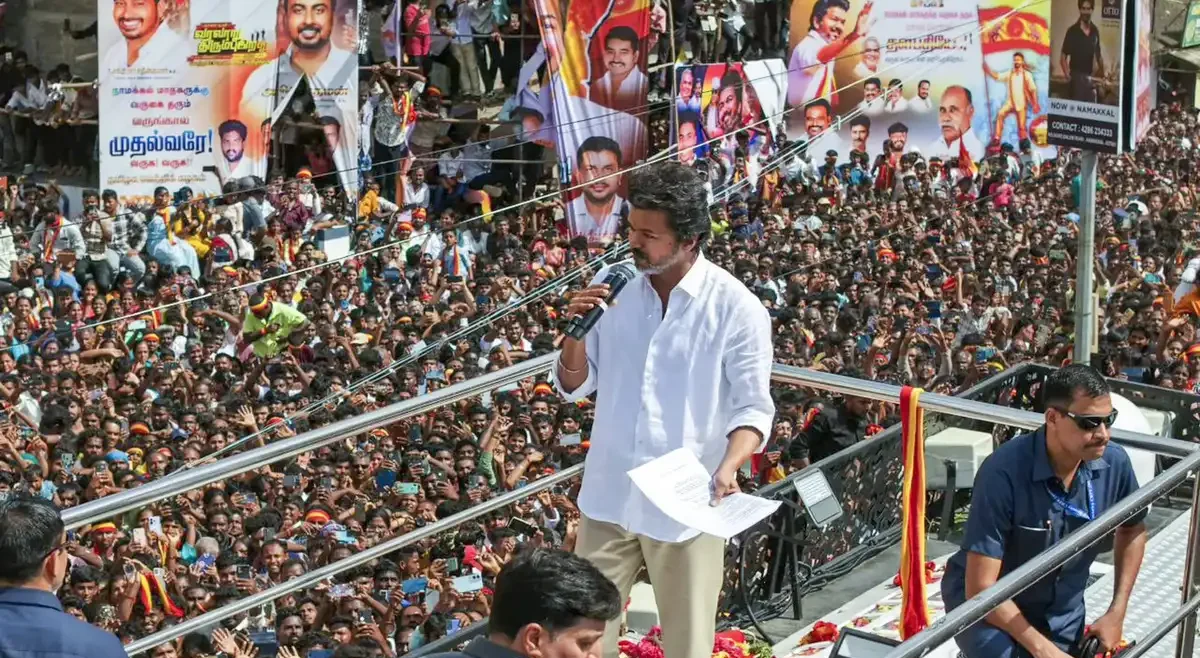
Leave a Reply